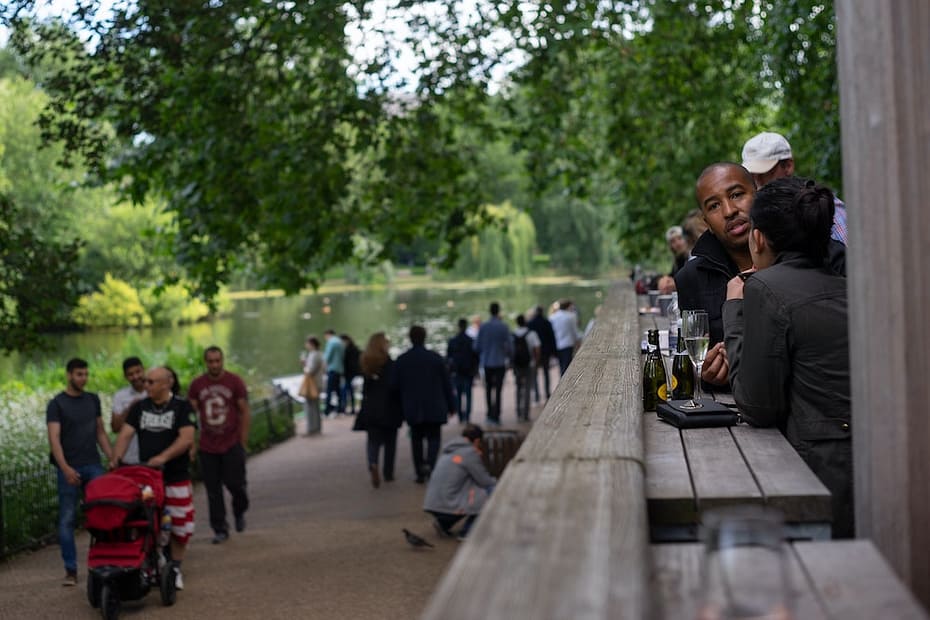New surveys show that green space is appreciated more than ever, but access and opportunity is still unequal.
A new CPRE report shows that lockdown is bringing those people closer to nature.
- Over half said they are more aware of the mental and physical health benefits of nature
- 35% are visiting local green space more often
- 53% appreciate local parks and nearby green space more
- And 63% said that protecting and enhancing green spaces should be a higher priority for Government.
Another recent report by the Office of National Statistics highlights something that activists and change-makers like Julian Agyeman and Judy Ling Wong have known for a very long time, and that many British communities have felt…that access to nature is an equality issue.
According to the ONS, 1 in 8 Brits are without access to a garden or other private outdoor space, rising to over 20% in London. Black people in England are nearly four times as likely as White people to have no outdoor space at home; and people in ‘professional’ occupations are almost three times more likely to have a garden. More positive in terms of equality is that walkable access to public parks is similar for minority ethnic (86%) and White (88%) people – and that those least likely to have a garden are most likely to live near a park.
Elsewhere the CPRE report rightly points to the value of parks and green space for social cohesion. 29% of those surveyed were depending on parks and other communal spaces for connecting to others, and a third of 18-34 year olds were making inter-generational connections that they felt were likely to continue beyond the crisis.
So how do we address these inequalities? They are not new, and it’s depressing to consider that many furloughed staff have been able to enjoy their garden and the recent great weather – as they should – whilst a disproportionately high number of keyworkers, so critical to the response to this crisis and so much more likely to be from a minority ethnic background, live in densely populated urban areas, and have not had this privilege.
We should:
- recognise the social value of local green space in the funding and management of parks and local nature reserves; including in natural capital assessment. There is no statutory mandate to provide access to green spaces – they are still seen primarily as places to play, or of insufficient value to development, rather than vital requirements for urban health in its broadest sense.
- encourage and support more people to get outside more often – connecting with people who are different from themselves. Businesses can become more ‘nature connected’ by facilitating these opportunities for workers. What can be done on the company estate, or in the local neighbourhood? This can increase the value we place not only on outdoor spaces – but also on each other.
- create more green infrastructure in towns and cities in the ‘spaces inbetween’, targeting areas of deficiency in access to natural green space, so we are not reliant only on formal parks and green spaces. As The Health Foundation says ‘Significantly [increase] public spending on prevention, with targets set and preventative spending tracked’.
- ensure these spaces deliver quality: for wildlife as well as people…so that we can benefit from the close connection to nature that is so good for all of us. Involve the users in the design, delivery and after-care. It isn’t enough to provide some hard standing – any space can accommodate meaningful and lasting wildlife habitat and deliver multiple benefit.
Photo by David Anderson on Unsplash
